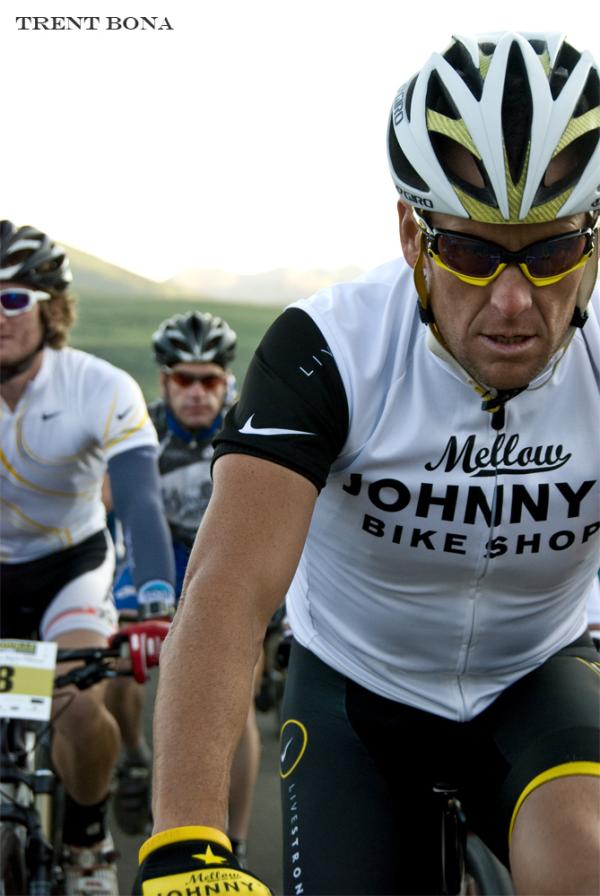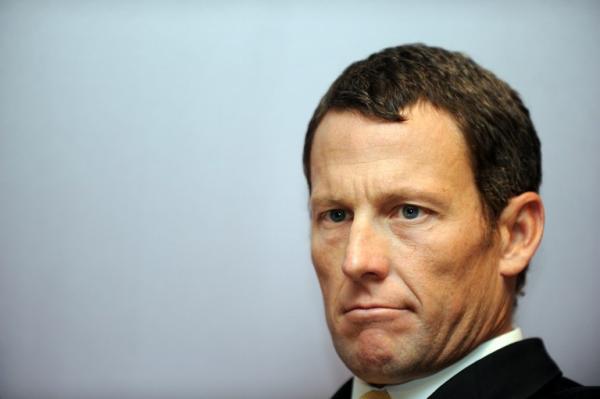US judge rules Lance Armstrong lies are protected speech
Claims that readers were fooled by 'It’s Not About the Bike' rejected



A federal judge in California has sided with Lance Armstrong and the publishers of his famous autobiographies by rejecting claims in a lawsuit that the lies in the books about not using performance-enhancing drugs amounted to fraud and false advertising.
Armstrong facing two further lawsuits
US Justice Department file complaint in Armstrong whistleblower lawsuit
Judge opens door for lawsuits against Lance Armstrong
Ullrich calls for restoration of Armstrong's Tour de France titles
Confidential settlement reached between Sunday Times and Armstrong
Armstrong ordered to answer doping questions as legal case closes in
US District Judge Morrison England wrote in the ruling: "The Court concludes, despite plaintiffs' allegations that the Armstrong books contained false and misleading statements, that the content of the books is afforded full First Amendment protection", according to USA Today.
Five readers of the 'It’s Not About the Bike' and 'Every Second Counts' had filed a suit in Sacramento federal court against the books publishers Random House, Armstrong, his manager Bill Stapleton and associate Thomas Weisel, asking for more than $5 million in damages, claiming they were fooled by the books and that they should have been described as fiction.
At the time the books were considered as inspirational, especially for cancer sufferers, and true accounts of Armstrong career and comeback from testicular cancer. Their contents were shown not to be true after Armstrong was suspended by the United States Anti-Doping Agency (USADA), lost his seven-Tour de France victories and then confessed to doping.
Armstrong's confession ran counter to the stories in the two tomes, in which credited his bout with cancer with changing his physiology and mental strength and allowing him to win his seven Tours de France.
In hawking his books on a promotional tour, Armstrong denied doping, and the plaintiffs argued that these lies should be considered commercial speech, which would rule out First Amendment protection. However, the judge disagreed: "The promotional materials relating to the Books are inextricably intertwined with the books' contents, which is non-commercial speech," England stated. "Thus, these promotional materials are also entitled to full First Amendment protection as noncommercial speech."
The books publishers argued that the First Amendment gives Armstrong the right to lie, and asked the judge to dismiss the suit.
The latest race content, interviews, features, reviews and expert buying guides, direct to your inbox!
Armstrong is fighting a string of legal battles since his confession to doping. He recently settled with the Sunday Times newspaper in Britain and is being pursued by companies hoping to recover bonuses paid out for Armstrong major victories. He is also named in a multi-million dollar whistleblower suit.
